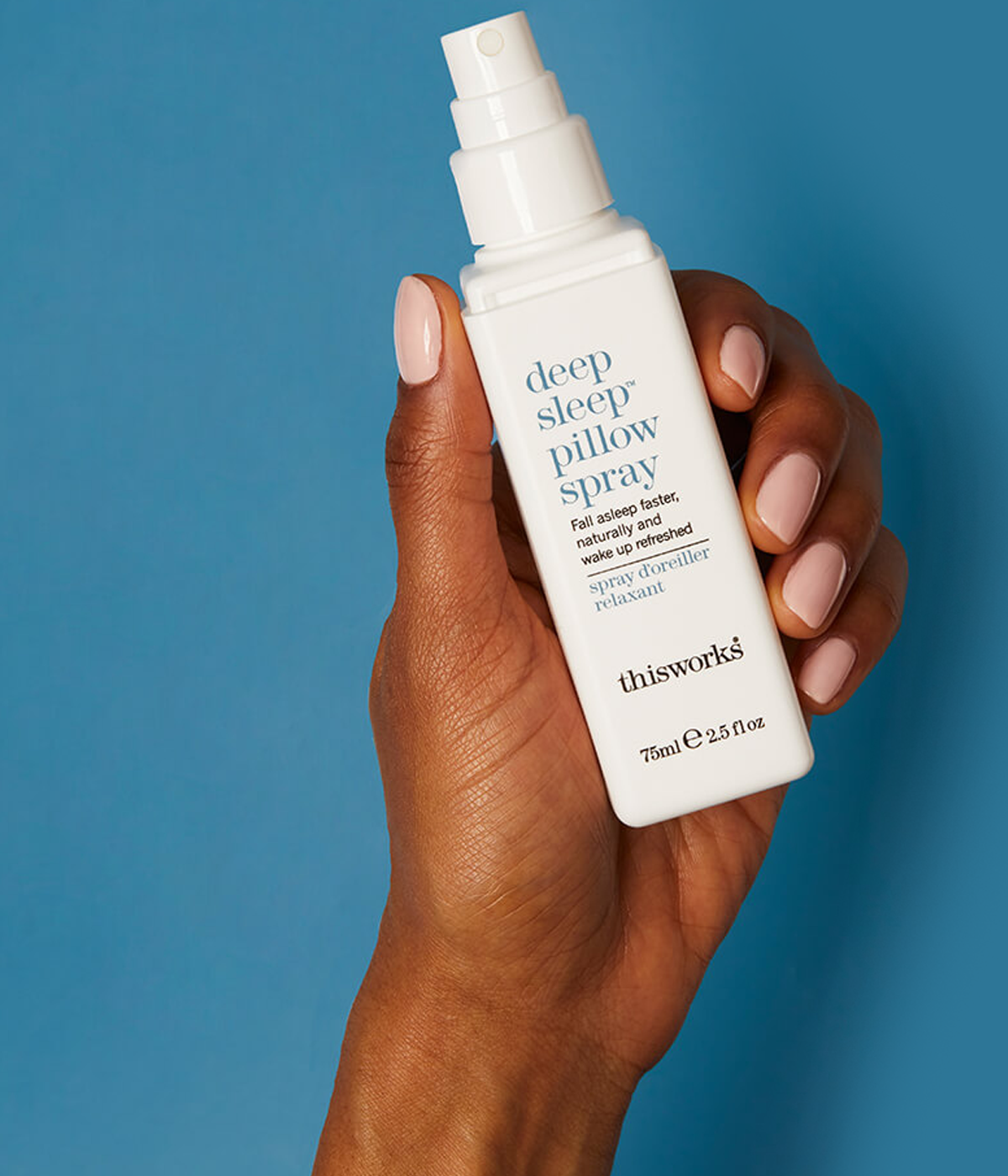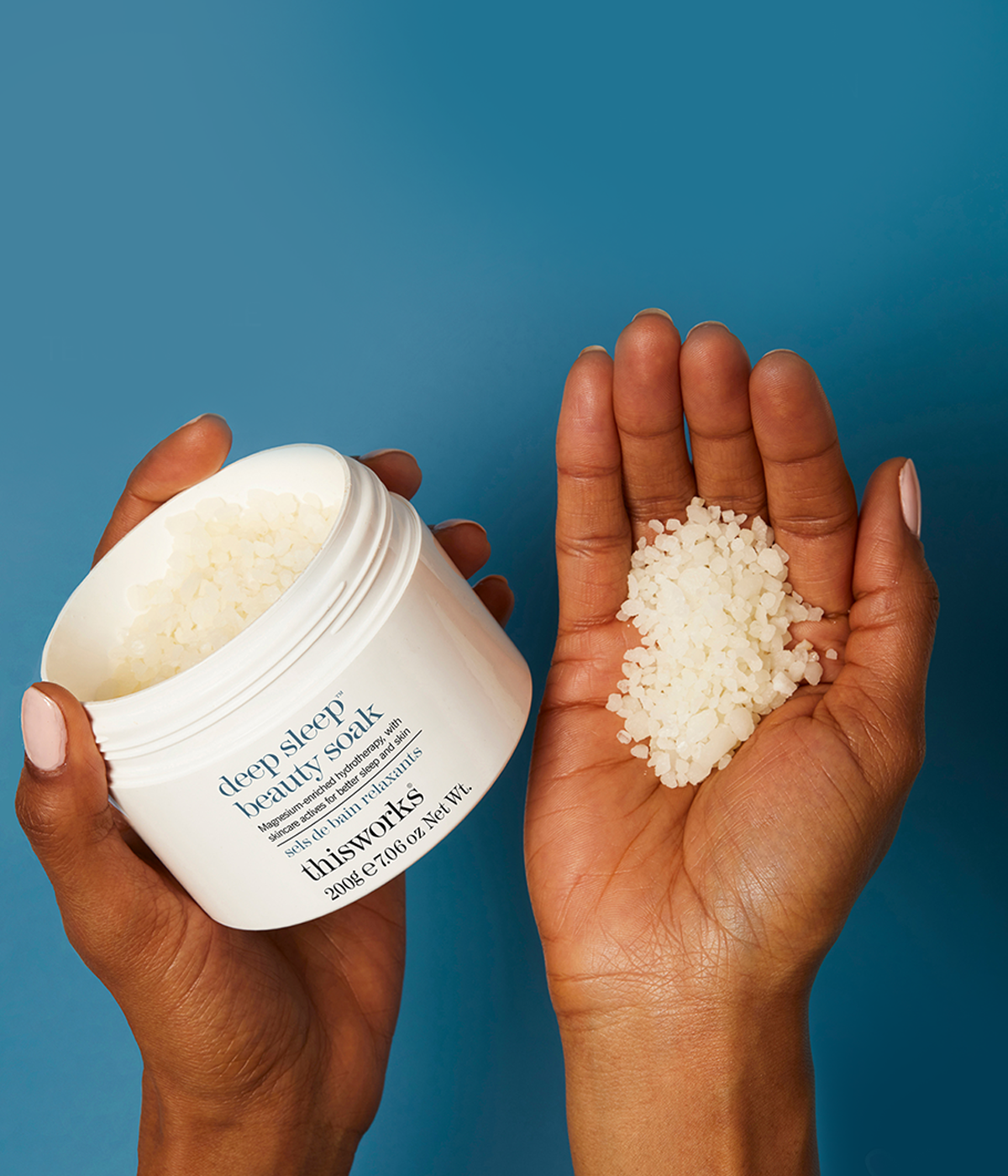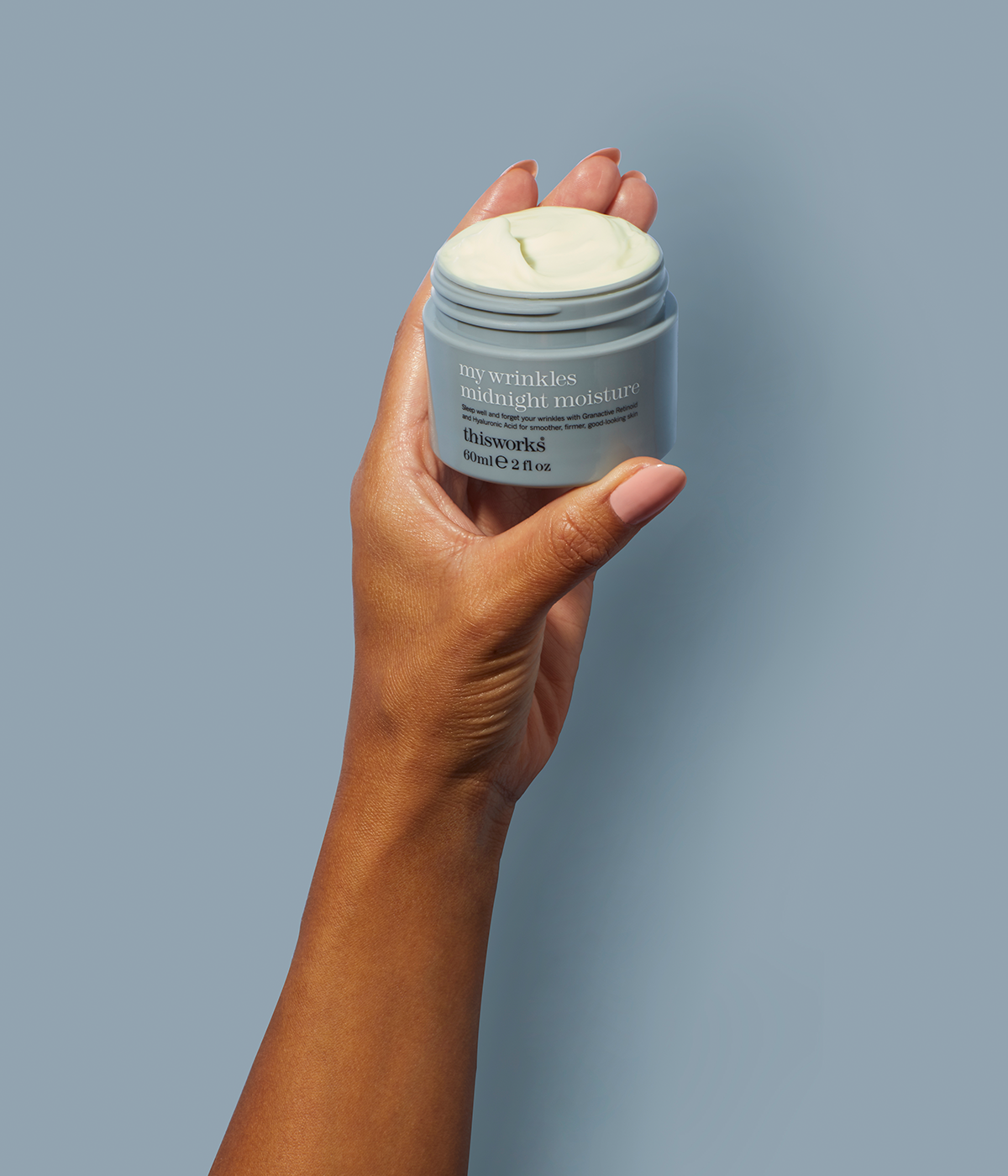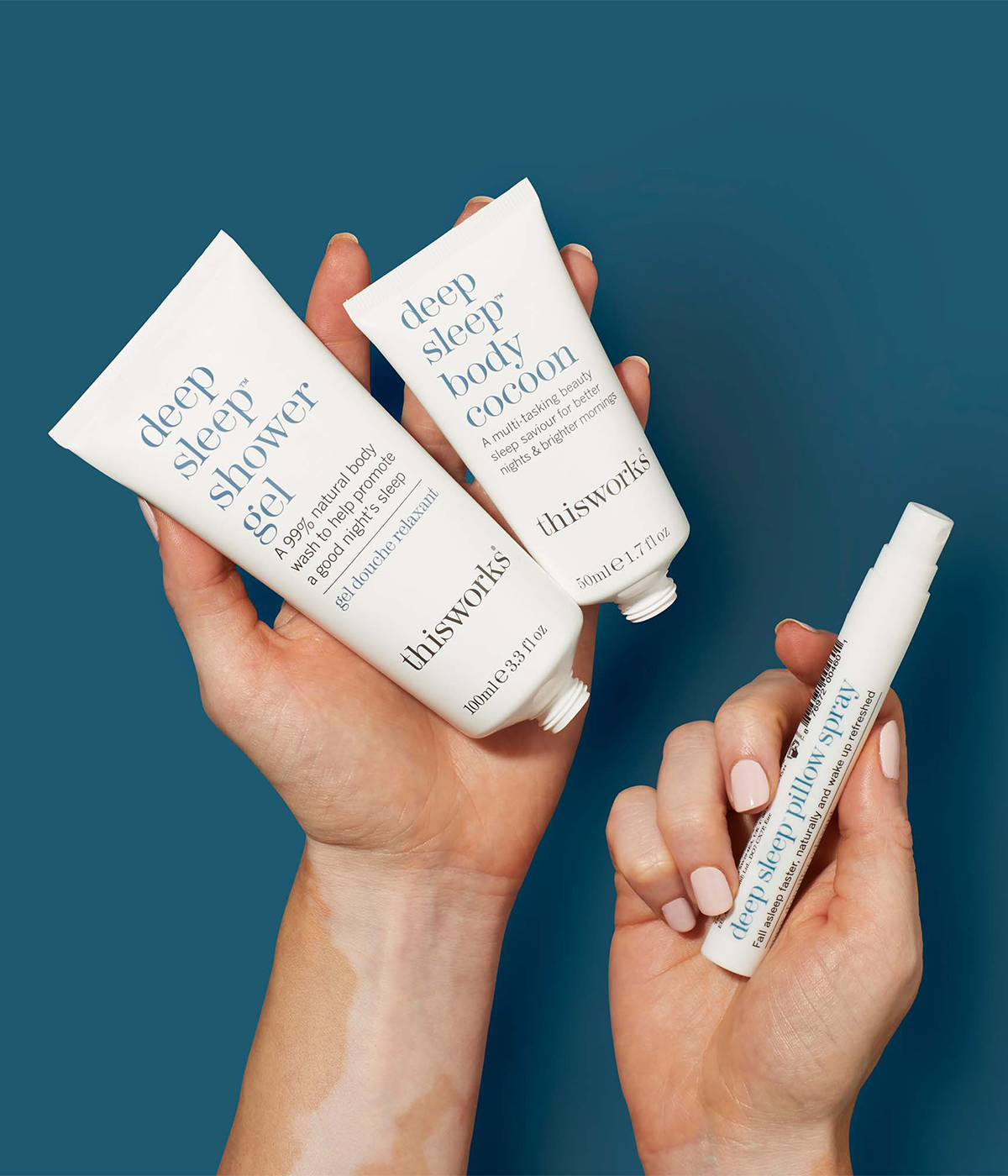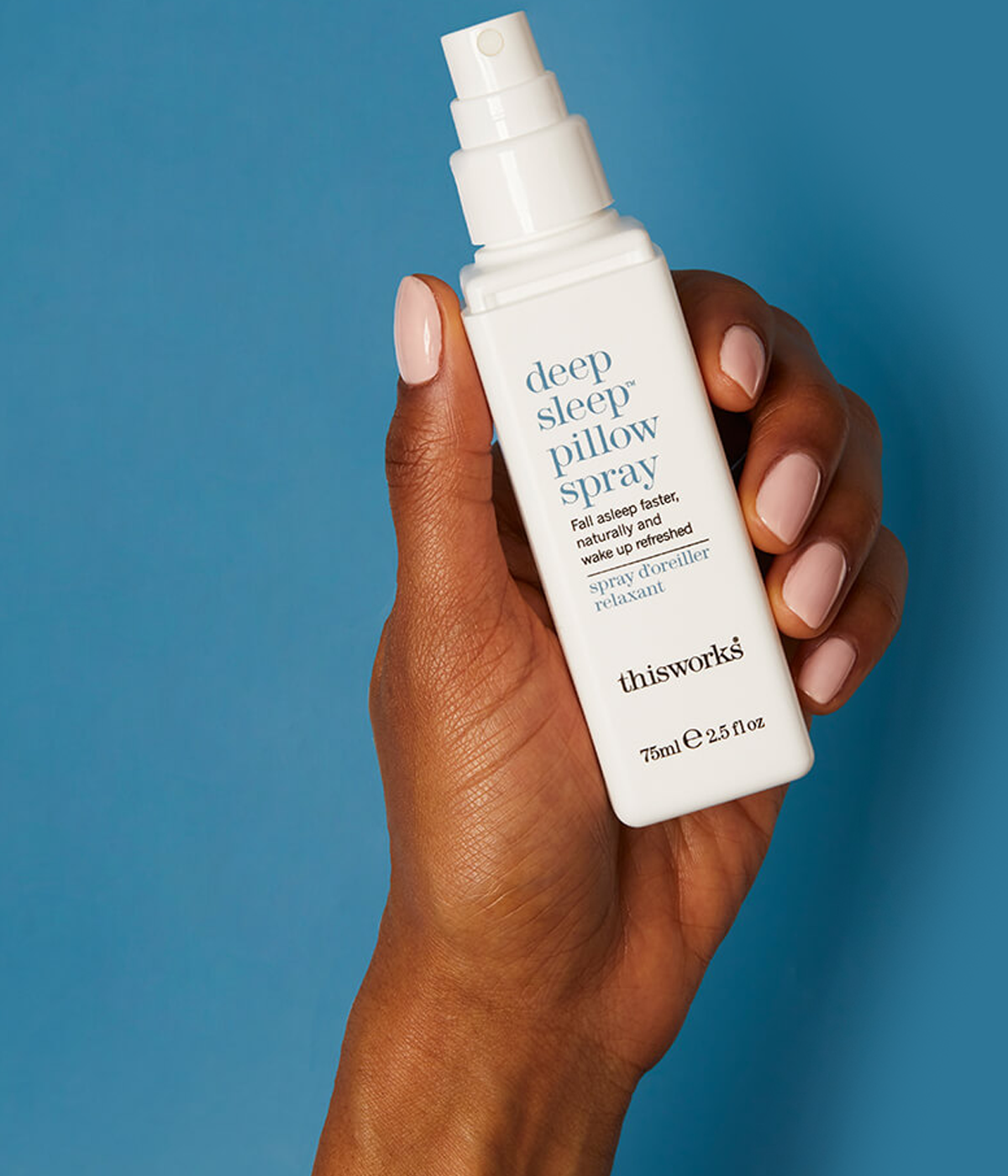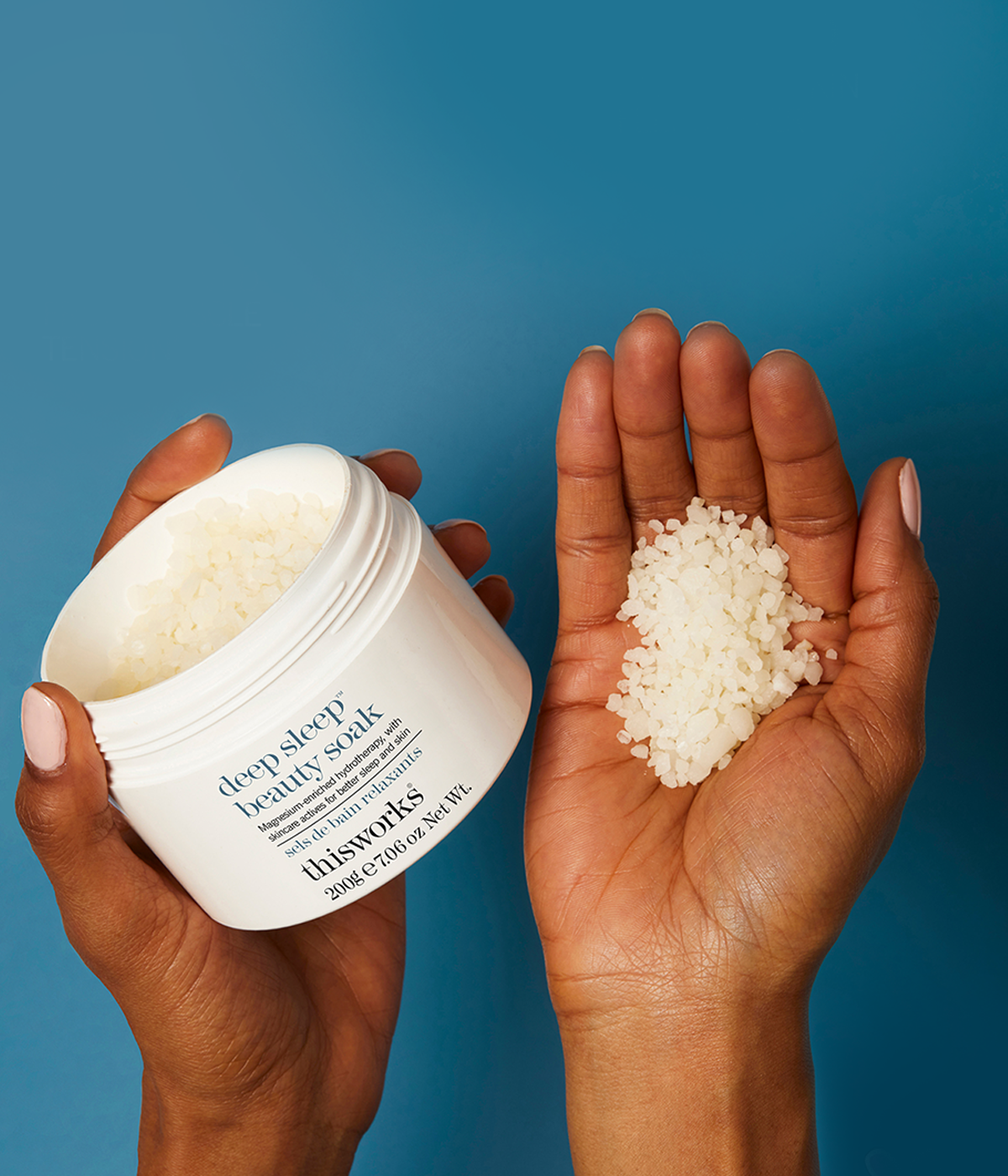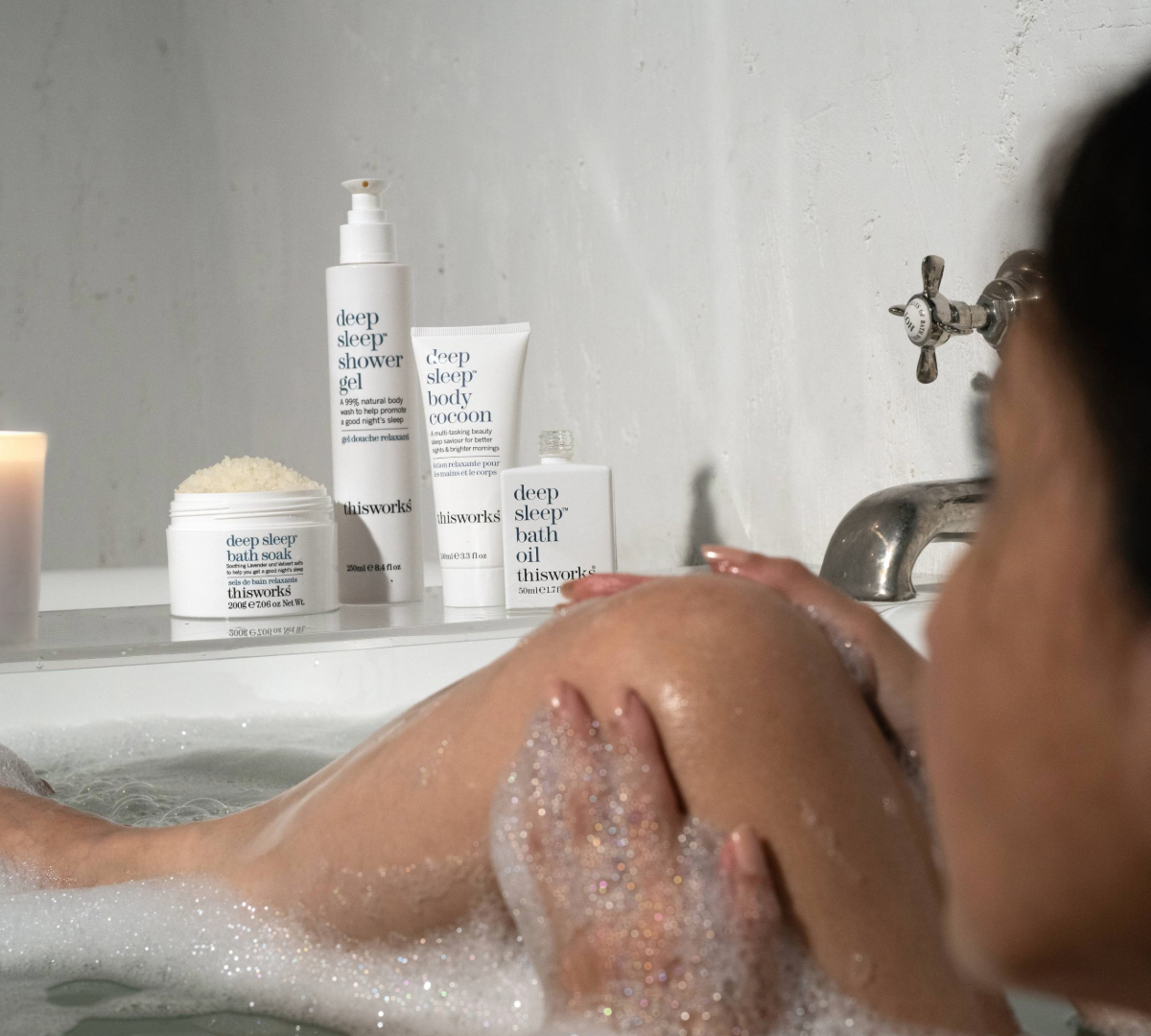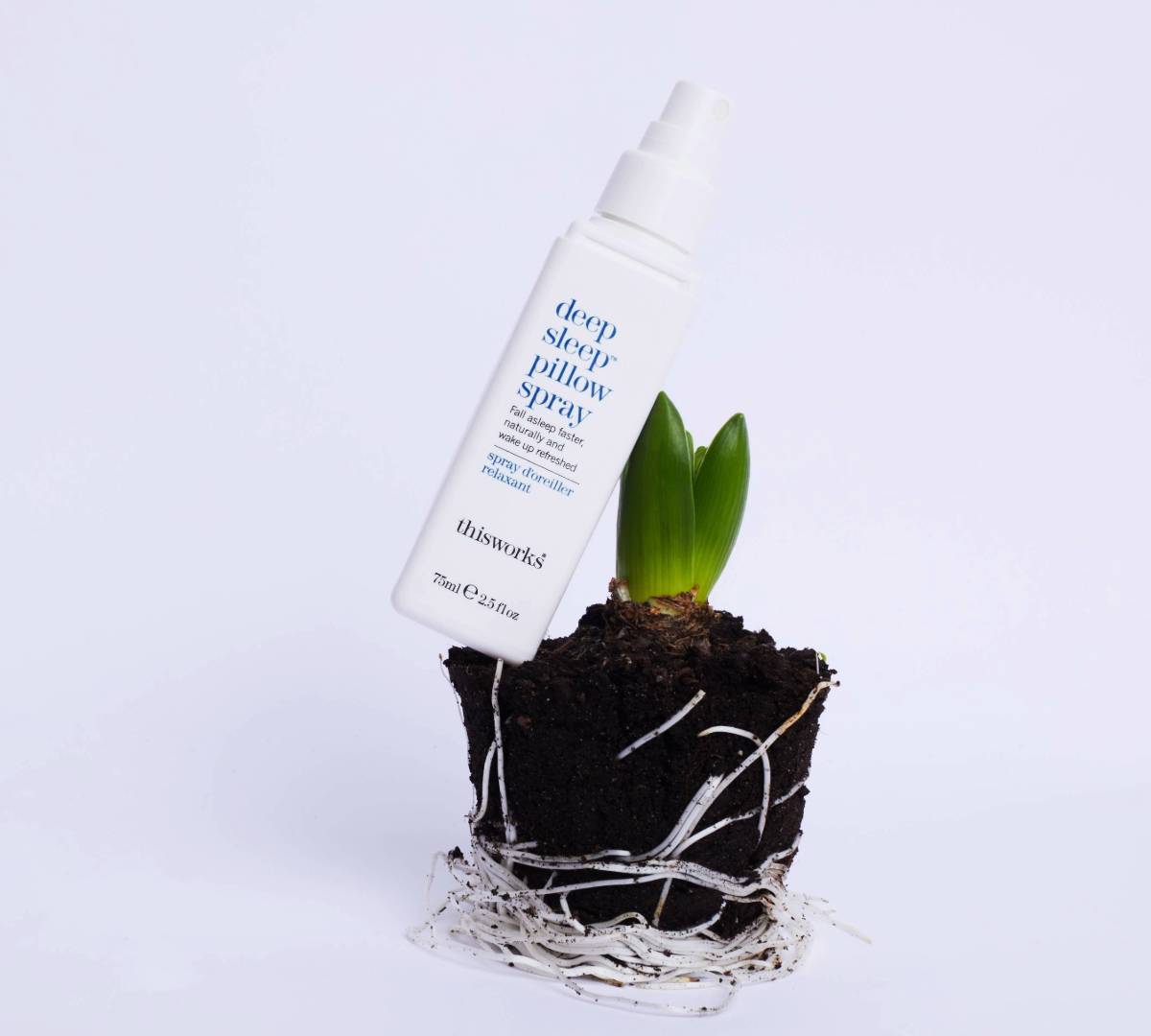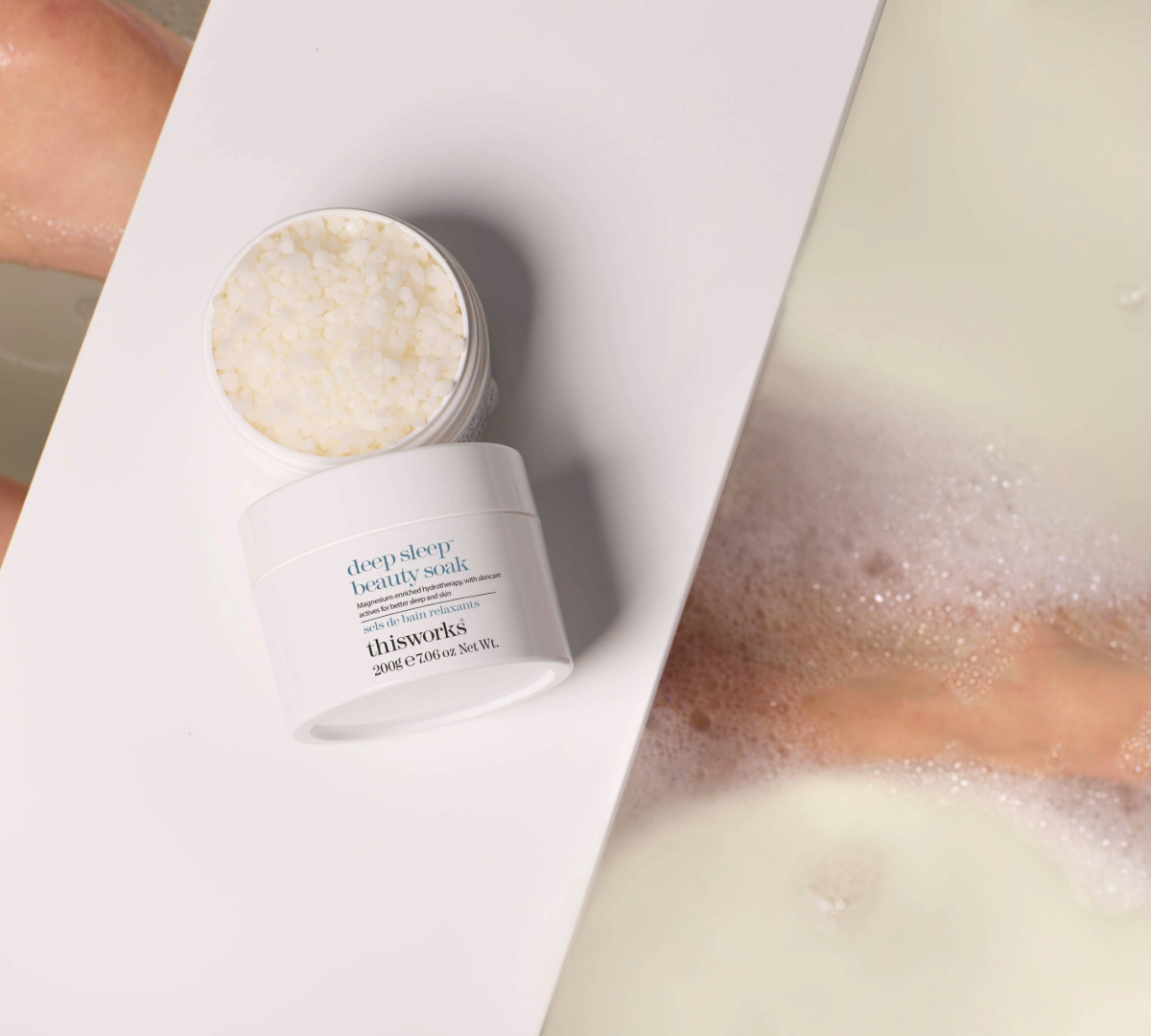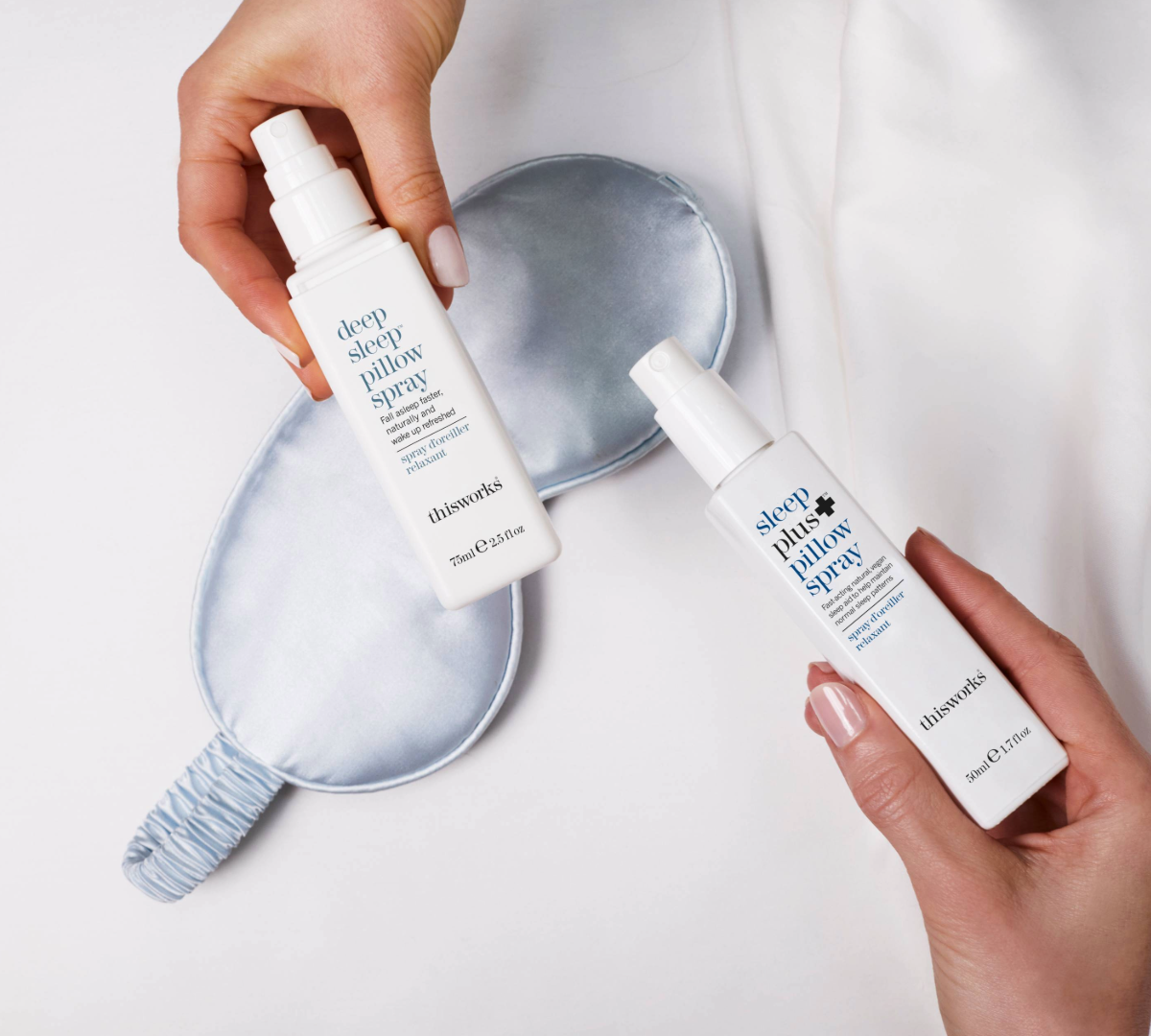how to harness your powerful sense of smell everyday
While all five senses influence the way we feel throughout the day, studies have shown that the sense of smell appears to have the most impact.
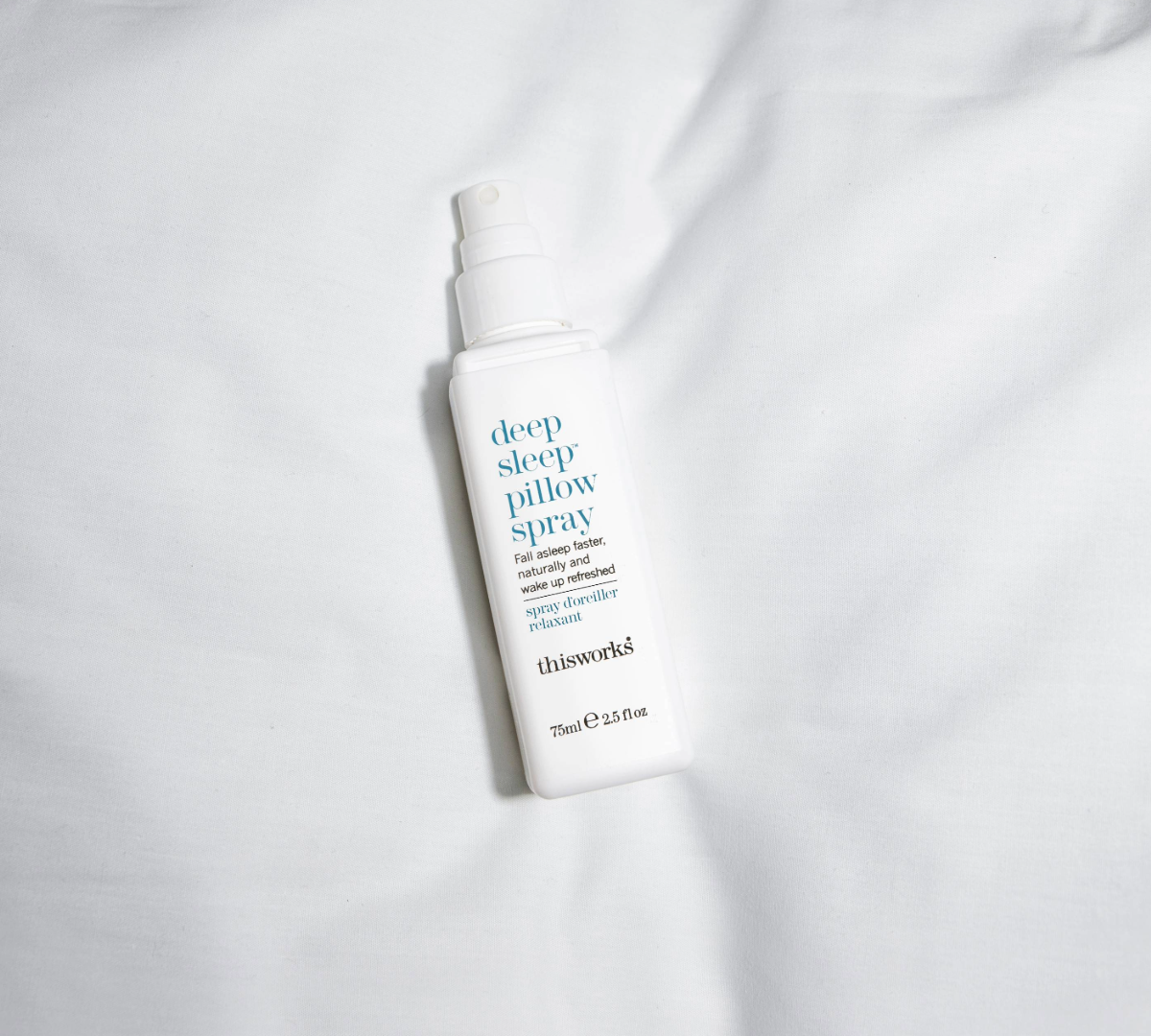
While all five senses influence the way we feel throughout the day, studies have shown that the sense of smell appears to have the most impact. This is because the perception of aromas is intimately related to the functions of the brain that influence mood and emotions. This Works has developed a collection of clinically tested, Functional Fragrances, designed to help manage your mood and emotions throughout the day. Each blend has been studied using fMRI imaging to assess the positive impact it has on the brain and the autonomic nervous system.
If you start the day feeling a little foggy, changing your physical actions can create the desired neural outcome, instantly enhancing your mood and boosting morning motivation1. Our patented Morning Expert® range is scientifically developed with Peppermint, Rosemary and Lavandin Oils and proven through fMRI imaging to target grogginess and sharpen focus, so you can approach your day with mental clarity. Try a spritz of our morning expert wake-up spray in your home or the office to help banish feelings of lethargy or a lack of concentration. Using morning expert alongside morning rituals can be a simple but effective way to start your day right. Discover our three top tips below.
1) Getting between 10 – 20 minutes of natural morning sunlight within the first two hours of waking is beneficial to your circadian rhythm and causes a peak of cortisol levels early in the day. Cortisol is often associated with stress, but it also signals to the body that it’s time to wake up, helps boost the immune system and increases our ability to focus - setting us up for the day ahead. Remember: never stare directly at the sun. Contact lenses and eyeglasses are fine but avoid wearing sunglasses to achieve optimum exposure to the sunlight.2,3,4
2) If you’re up to the challenge, taking a cold shower (as cold as you can tolerate!) for 1 – 3 minutes in the morning is known to increase baseline dopamine dramatically. Dopamine helps improve focus, concentration and gets you moving. This also helps to reset and align the body’s circadian rhythm.2,3,4
3) Although it may be hard at first, exercising in the morning helps reduce stress levels and increases our internal body temperature which is linked to improved focus and alertness. You’ll never regret choosing to move your body every day.
Do you find yourself having moments of high stress throughout the day? Ylang Ylang and Eucalyptus essential oils are both proven to help alleviate anxiety, combat stress and calm the mind. When testing Ylang Ylang in our fMRI study, we found this oil leads to a diminished stress response, which is why we’ve used it throughout our Stress Check collection. Aside from using essential oils for stress, breathing can help reduce stress. Unlike your heartbeat, breathing requires neural input and is controlled by neurotransmitters via a two-way communication system. Neurotransmitters can cause a change in breathing but also if we actively change our breathing pattern ourselves, we can modulate the neurotransmitters released and affect the changes that take place elsewhere within the brain5.We naturally sigh about every five minutes and mindfully sighing can be a quick and effective way to reduce stress. When you deeply inhale and then exhale deeply, you reduce the levels of carbon dioxide within the lungs, this triggers a reduction in cortisol and lowers the heart rate so you feel less agitated. However, studies have shown that we don't sigh automatically when we are looking at screens, this can cause cortisol build up in the body whilst we work and contribute to rising stress levels. By mindfully sighing a few times during moments where you are aware of rising stress levels, you can manually reduce these feelings.6,7,8 Try our method below:
1) Inhale through the nose
2) Top the first inhale with another shorter inhale through the nose
3) Extended exhale through the mouth
4) Repeat 3-5 times
Aside from aiding a good night’s sleep, essential oils can also encourage more intimacy and connection with your partner. Ylang Ylang is renowned for its use as a natural aphrodisiac and when mixed with Patchouli, acts as a powerful scent that helps you switch off and turn on.
For many, intimate moments begin with an emotional connection, which is why face-to-face conversation and meaningful interaction are so important. Kate Moyle, psychosexual & relationship therapist, also recommends setting boundaries around the usage of screens and technology to ensure you create distraction-free, quality time together.
During the night your body, skin and mind go into reset and repair mode. For many people, bedtime can cause feelings of anxiety associated with the worry about getting to sleep. Our award-winning deep sleep pillow spray uses an ultra-calming Functional Fragrance of Lavender, Camomile and Vetivert essential oils, which has been proven under fMRI imaging to help you unwind, fall asleep faster and wake feeling more refreshed.
Fragrance plays a powerful role when it comes to memory consolidation whilst we sleep. Studies have suggested that aromas smelt during the learning or encoding phase of memory processing can aid memory consolidation, meaning fragrance can not only help us fall asleep faster and feel more relaxed before bed, but it can also be an interesting tool to optimise learning whilst we sleep.9
Sit back, inhale our Functional Fragrance and prepare to enjoy a peaceful and restorative night.
[1]. Amico, E., Abbas, K., Duong-Tran, D. A., Tipnis, U., Rajapandian, M., Chumin, E., Ventresca, M., Harezlak, J., & Goñi, J. (2021). Toward an information theoretical description of communication in brain networks. Network Neuroscience.[2]. Okamoto, Y., Rea, M. S., & Figueiro, M. G. (2014). Temporal dynamics of EEG activity during short- and long-wavelength light exposures in the early morning. BMC Research Notes, 7(1).[3]. The duration of light exposure in the morning and early‐afternoon affects adaptation to night work. (2019). Journal of Sleep Research, 28(S1).[4]. Brown TM, Brainard GC, Cajochen C, Czeisler CA, Hanifin JP, Lockley SW, et al. (2022) Recommendations for daytime, evening, and nighttime indoor light exposure to best support physiology, sleep, and wakefulness in healthy adults. PLoS Biol 20(3): e3001571.[5]..Vann, N. C., Pham, F. D., Dorst, K. E., & del Negro, C. A. (2018). Dbx1 Pre-Bötzinger complex interneurons comprise the core inspiratory oscillator for breathing in unanesthetized adult mice. ENeuro, 5(3).[6]. Severs, L. J., Vlemincx, E., & Ramirez, J. M. (2022). The psychophysiology of the sigh: I: The sigh from the physiological perspective. In Biological Psychology (Vol. 170).[7]. Vlemincx, E., van Diest, I., & van den Bergh, O. (2016). A sigh of relief or a sigh to relieve: The psychological and physiological relief effect of deep breaths. Physiology and Behaviour, 165.[8]. Vlemincx, E., & Luminet, O. (2020). Sighs can become learned behaviours via operant learning. Biological Psychology, 151.[9]. Neumann, F., Oberhauser, V. & Kornmeier, J. How odor cues help to optimize learning during sleep in a real life-setting. Sci Rep 10, 1227 (2020).
